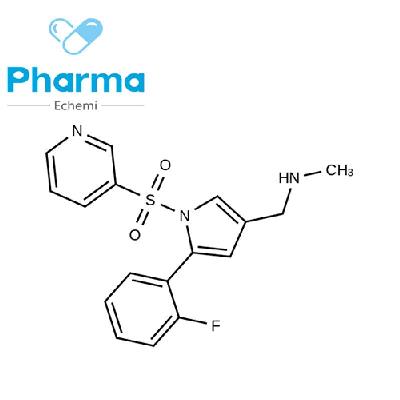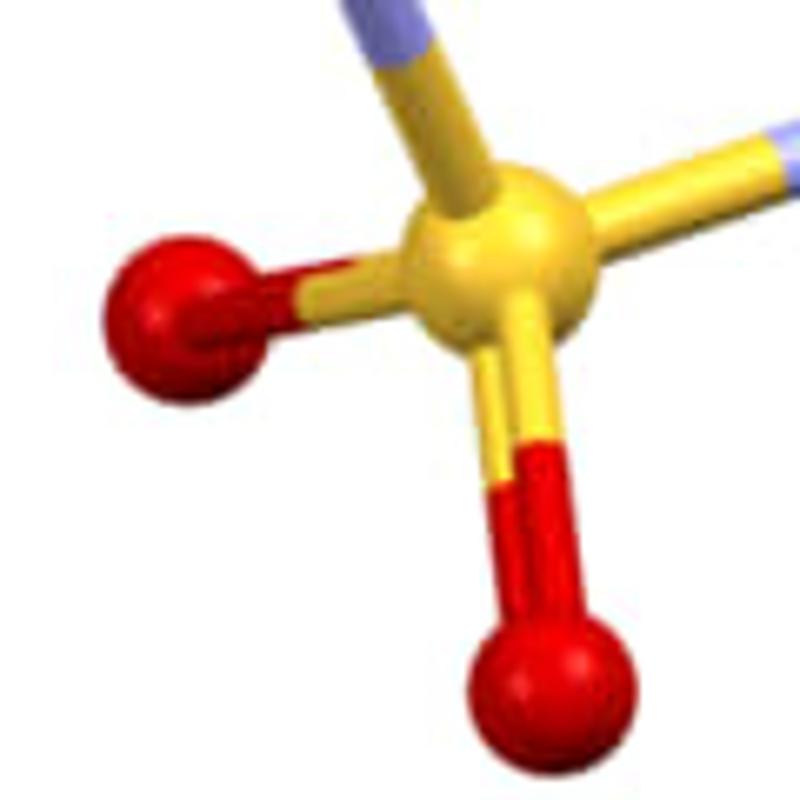-
Categories
-
Pharmaceutical Intermediates
-
Active Pharmaceutical Ingredients
-
Food Additives
- Industrial Coatings
- Agrochemicals
- Dyes and Pigments
- Surfactant
- Flavors and Fragrances
- Chemical Reagents
- Catalyst and Auxiliary
- Natural Products
- Inorganic Chemistry
-
Organic Chemistry
-
Biochemical Engineering
- Analytical Chemistry
-
Cosmetic Ingredient
- Water Treatment Chemical
-
Pharmaceutical Intermediates
Promotion
ECHEMI Mall
Wholesale
Weekly Price
Exhibition
News
-
Trade Service
Chronic atrophic gastritis (hereinafter referred to as CAG) refers to chronic digestive diseases
of the gastric mucosal epithelium and gland atrophy, thinning of the gastric mucosa, and pyloric metaplasia and intestinal metaplasia.
At present, the pathogenesis of CAG is not fully understood, but it is generally believed to be related to
factors such as Helicobacter pylori infection, aging, bile reflux, and family inheritance.
The disease is a precancerous state of the stomach, and its possible development paths are:
Normal mucous membrane - superficial gastritis - atrophic gastritis - intestinalization - intraepithelial neoplasia (dysplasia) - gastric cancer
Therefore, it is of great significance
to take an active and effective treatment of CAG to prevent the development of gastric cancer.
However, there is currently a lack of particularly effective treatment options
for atrophic gastritis, especially in patients with intestinalization and dysplasia.
Most experts recommend: eradication of Helicobacter pylori, symptomatic treatment, mucosal protective agents, vitamin B12 supplementation, folic acid, selenium, etc.
;
A large number of studies have shown that folic acid combined with vitamin B12 is effective
in the treatment of CAG.
Today we will make an overview of these related studies and my personal suggestions, hoping to help clinicians and patients with atrophic gastritis.
Folic acid and vitamin B12
Folic acid and VB12 are both B vitamins
.
Folic acid is a compound composed of pteridine, p-aminobenzoic acid and glutamic acid, which was extracted and purified by Mitchell from spinach leaves in 1941, so it was named folic acid
.
It is widely found in daily food, but the human body itself cannot synthesize folic acid (it has also been reported that intestinal colonies can be synthesized in small amounts), so it needs to be taken
from food.
In patients with atrophic gastritis, due to the atrophy of the inherent glands of the gastric mucosa, there will be absorption disorders, followed by folic acid deficiency, which will aggravate the progression
of the disease.
Vitamin B12 belongs to the organometallic compound of cobalamin, which participates in the synthesis of thymine by deoxyuracil and promotes DNA and RNA synthesis
.
Both vitamins are involved in the metabolic transformation of DNA and RNA, and methylation occurs during the conversion process, and finally methionine
is synthesized.
Methionine is one of the essential amino acids for human body, which can promote phospholipid methylation in hepatocytes, enhance the Na and K-ATPase pump in membrane fluidity, reduce the accumulation of bile in hepatocytes, promote bile efflux, and also have a protective effect
on the liver.
In addition, VB12 can promote the absorption and utilization
of folic acid.
Related research on folic acid combined with vitamin B12 in the treatment of atrophic gastritis
1.
Chen Linying et al.
: low-dose folic acid combined treatment of CAG patients, improve clinical symptoms, promote the repair of damaged mucous membranes
A total of 60 patients with CAG admitted from March 2018~March 2019 were included in the study, and they were divided into group A and group B according to the numerical random table method, with 30 cases
in each group.
Group A was treated conventionally, and the patient was given pepsin tablets orally, 2~4 tablets/time, 3 times/d
.
Group B was treated with folic acid 0.
4mg/time, 3 times/d, combined with vitamin B12 0.
5mg/time, 3 times/day on
the basis of conventional treatment.
Both groups were treated continuously for 24 weeks
.
The results showed that folic acid combined with vitamin B12 in the treatment of chronic atrophic gastritis could not only improve the clinical symptoms of patients, but also promote the repair of damaged mucosa, improve the histological condition of gastric mucosa, and increase the level of folic acid and vitamin B12 in patients, with obvious therapeutic effect and high
safety.







